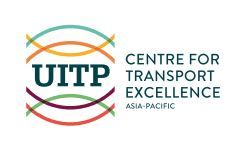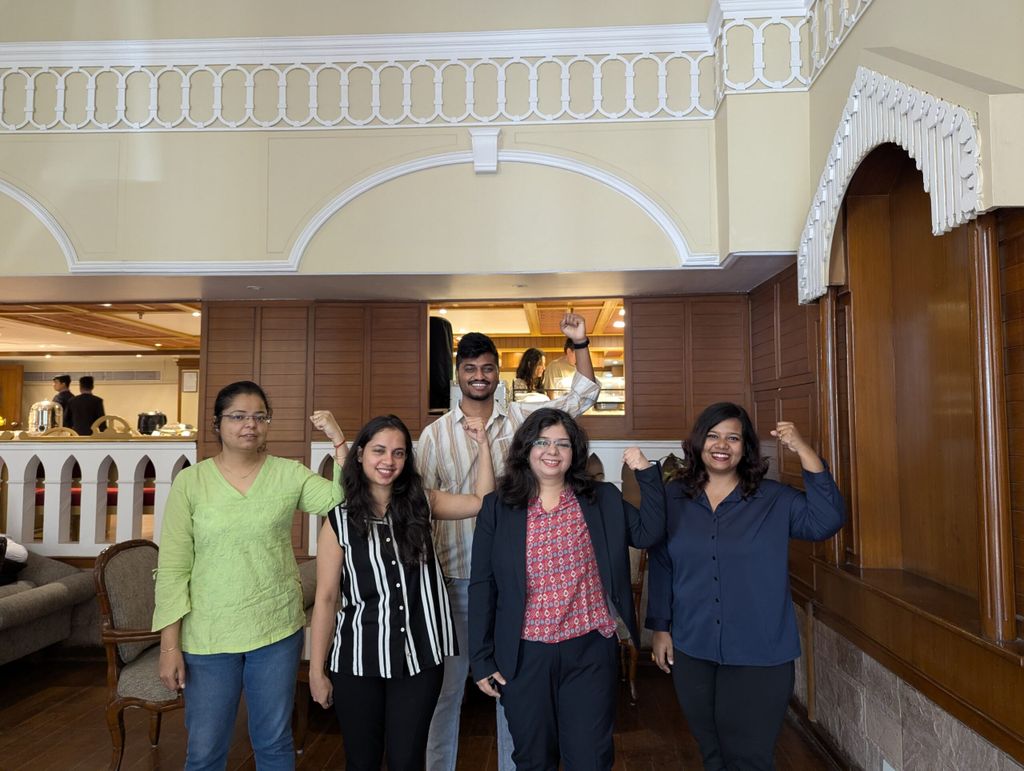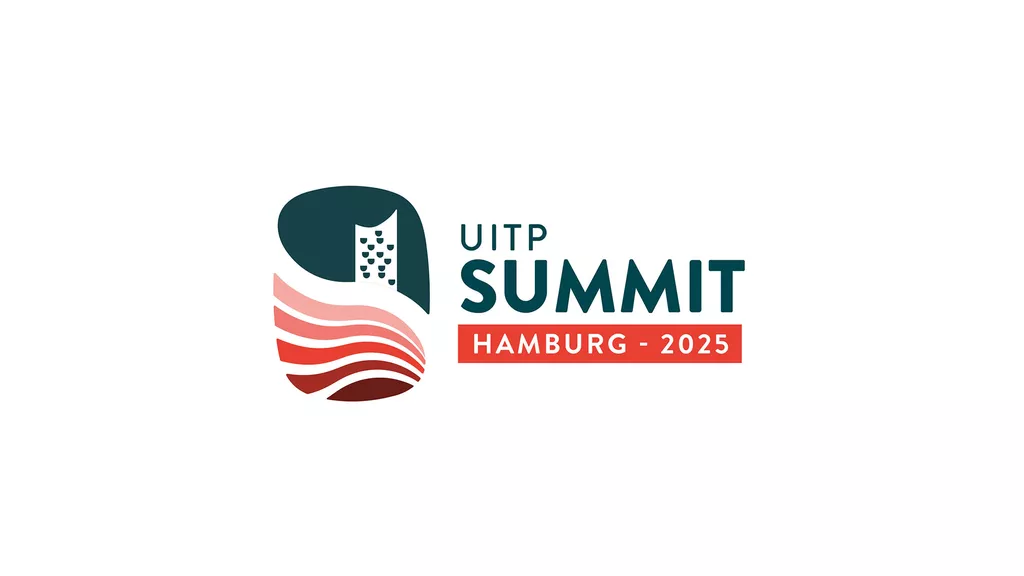

Blog: The Case for Open Data in Public Transport
Open data
Open data is no longer a new concept in the mobility market as well as in other industries and public policy around the world. It is a well-established component of enabling a range of “new mobility” initiatives and services in cities such as Paris, London or San Francisco. However, it has not yet been taken up universally by public transport agencies and cities around the world and significant gaps remain in regions such as Asia, smaller North American cities as well as many emerging economies that lack a strong public authority led transport system.
London has repeatedly and consistently for many years since the middle of the last decade promoted open data. It has stimulated a growth in the innovation eco-system in the city – several thousand organisations are taking the open data feeds; created a wide and diverse range of mobility applications for citizens; avoided the need for Transport for London to directly fund all transport information systems and thus saved the public organisation money; and encouraged innovators to come to London to test and develop a range of innovations.
Similar stories can be told by other leading open data locations such as New York City, Toronto, Paris or countries such as Finland or Sweden.
This is an exciting global city phenomenon, but raises a number of questions about the much wider world of transport including alternative modes, transport innovation and the distribution of benefits.
The metropolitan city case is predicated on the usually very marginal costs of supporting an open data eco-system versus the much larger costs of (public) transport in such large cities. Depending on how costs are allocated and the ambitions of the programme, total costs for an open data programme could be in the order of tens of thousands to a few hundred thousand euros per year. The additional costs of open data policy work, hosting, and client engagement are typically relatively easy to absorb across such organisations once the broader policy of the benefits of open data are considered and agreed and data owners across the organisation can be aligned with the policy. These open data programme benefits will accrue to the transport organisation, but also to the city or region as open data is an enabler to broader technology innovation and, in particular, new research and small and medium-sized enterprises (SME) development. It is important to consider in the benefits as well as the programme design these wider total benefits rather than the immediate organisational benefits for one business. Open data should not be considered “free data” as there are costs to the authority and these should be duly considered versus the above benefits.
Measuring the benefits of organisational and pan-city innovation leadership are complex and often hard to isolate to one aspect of policy. Implementing open data policy should generate benefits such as:
- providing a broader set of mobility tools to customers – assuming a vibrant eco-system of developers chooses to access the data;
- stimulating new products and ideas for transport services from other businesses as well as academia;
- generating transparency in the provision of transport services and in the long term better policy making. This impacts internal and external activity;
- creating the wider impression that the city is welcoming to new entrepreneurial thinking and thus, encouraging new businesses to base themselves and grow in the local area;
- encouraging entrepreneurial talent to want to work for the city authority in order to deliver this and other forward thinking digital programmes.
However, all of these benefits are not guaranteed. Depending on the size, nature and location of the city, effort may be needed to encourage use of the data. Many cities are not nearly as attractive to innovational activity as Singapore, London, Paris or New York. Enabling an open data eco-system may require substantial time and resources to curate and support the right type of engagement with the wider industry.Furthermore, open data development is part of the overall business climate in a city region and is also dependant on other supportive policies such as general government openness and stability, transparency, openness to innovation, ability to establish new businesses and academic support.
London in the UK has attempted to quantity the benefits of open data and published a report in 2017 identifying benefits of between £90m and £130m per year (€105m to €150m).[1]
The case of smaller cities or less well funded agencies is much more difficult. There are numerous literature examples of the broader innovation benefits, but can these benefits be specifically identified, and potentially quantified and then captured by public authorities? Often this benefit capture is used to fund the agency’s open data programme – even though these costs are “relatively” small.
This presents real and fundamental barriers to the implementation of open data programmes for these smaller cities. Simply, it is difficult to capture the benefits and allocate these to the programme costs. Furthermore, the actions of the larger global cities have set the precedent across the global mobility industry that these types of datasets can be provided at no cost to the end user, whether this is an academic, SME or global multi-national. These precedents mean that the business users of open data simply will not pay for access to the data. This remains the case even if this data is then used to create or support new businesses that are ultimately meant to be profit making. This is not realistically expected to change in the near future. Furthermore, economic processes to claw back or retain some of the commercial value of open data via business user stakeholdings, recuperative licence fees, private investment in public data support assets, etc. all create substantial complexity in what is already a fragile innovation eco-system.
New mobility solutions are also developing through the creation of additional mobility options – such as micro-mobility and shared options, as well as the integration of transport services across modes including air, national rail and private car use. The amplification of the power of open data will be truly achieved by this wider view of the transport system!
Thus, an ongoing issue in the development of open data eco-systems remains the incorporation of modes beyond the city authority led public transport systems. This will create a number of complexities. Who will lead the co-ordination and consolidation of these data sets on an open data platform? Should it be the city (mayor), (public) transport agency, academia, or a non-profit foundation? This work will be lengthy and require funding support during design, implementation and long term operation.
Many of the modes of transport, sometimes including “public” transport, will be operated by private businesses on contract, licence or purely commercially, or even by individuals. On what basis could and should this data be made open? Is the provision of open data a pre-requisite for new, for example micro and shared mobility businesses, to operate in a city territory or to access otherwise publicly funded existing or new infrastructure? Indeed the issue of “private” data should be considered. Are there obligations on what may seem to be private businesses to make data open to deal with wider societal and environmental challenges? Thus, should some of these “private” databases be considered public assets? Examples are numerous but could include residential energy meter readings, air passenger movements, sales of unhealthy food, private car use data, etc. These types of issues are dramatically being debated in Los Angeles with ridesharing as well as Toronto with its waterfront smart city neighbourhood.
There is a more general point about the role of city authorities in terms of transportation. Is the role of city authorities to maximise the revenue as a result of the provision of transport services, or minimise the cost to the taxpayer as a result of providing some form of these services? Are these authorities supposed to maximise ridership or city coverage or even customer satisfaction?
Or, as we are seeing through the work of many including UITP at the UN COP25 conference in Madrid in December 2019, is the role of city authorities through their shaping of the transport system to create a vibrant, efficient, fair and sustainable mobility system that can support economies while dealing with the issues of climate change and pollution? This requires a multi-modal, pan-urban approach to mobility management that delivers a wide range of solutions and services and means that both public and private modes need to work together to deliver sustainable mobility solutions.
Thus, consideration is needed of an issue such as open data as an enabler to a more efficient and vigorous transport system and not a problematic new cost centre that cannot defend itself against more straightforward and traditional budget programmes.
The need and success of open data programmes are clear and have been proven in global cities. It is now the time for smaller cities and multi-modal thinking in these programmes including shared and micro-mobility. City authorities need to take the role of creating the appropriate framework that, while protecting privacy of the individual and recognising the abilities of commercial business models, delivers these data sets across the urban mobility space.
There are a range of private commercial companies that can assist in creating an open data programme, as well as consultants and academics. Ironically, many of the staff within the digital functions of authorities will be well aware of and users of open data in their private digital lives. However, as open data challenges the heart of the culture of an organisation it is advised that progress in this area ultimately needs internal resource or clear senior supportfor external agents to deliver a successful implementation of a programme.
exclusive resources












